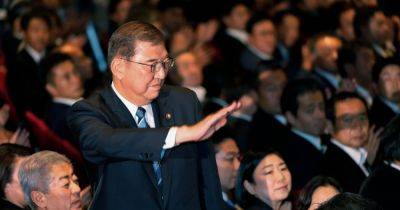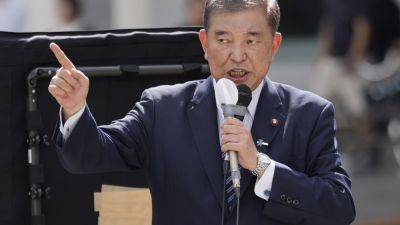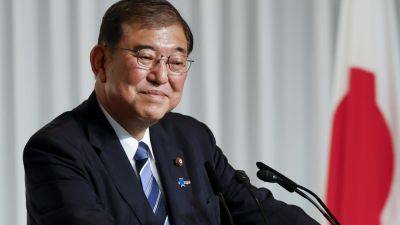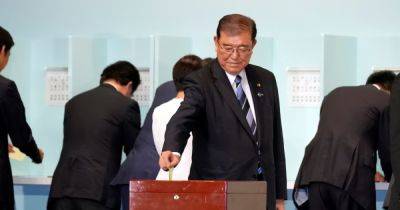Stocks Tumble in Japan After Party’s Election of New Prime Minister
Stocks in Japan fell sharply after the country’s governing party chose a leader some view as hawkish on interest rates, underlining how central bank decisions continue to set the course of the world’s fourth-largest economy after decades of easy money policy.
On Friday, Japan’s Liberal Democratic Party elected Shigeru Ishiba, a proponent of raising interest rates to help curb inflation, as Japan’s next prime minister.
Mr. Ishiba narrowly defeated Sanae Takaichi, a disciple of Shinzo Abe, who remains committed to the former prime minister’s longstanding policies aimed at strengthening Japan’s economy by maintaining ultralow interest rates.
Japan’s benchmark Nikkei 225 index fell more than 4 percent in early trading on Monday.
Some economists said the decline, which they described as the “Ishiba Shock,” was caused by the unwinding of stock trading that reflected expectations that Ms. Takaichi would be elected.
The market jitters show how the recent L.D.P. election came at a pivotal moment for the Japanese economy.
Following a recent surge of inflation, the Bank of Japan has raised interest rates twice this year. The bank’s governor, Kazuo Ueda, has indicated he plans to continue increasing rates, though it is unclear how quickly that might happen.







